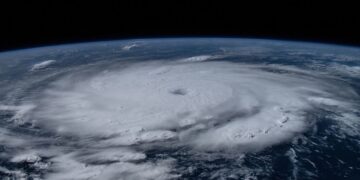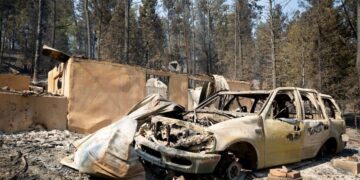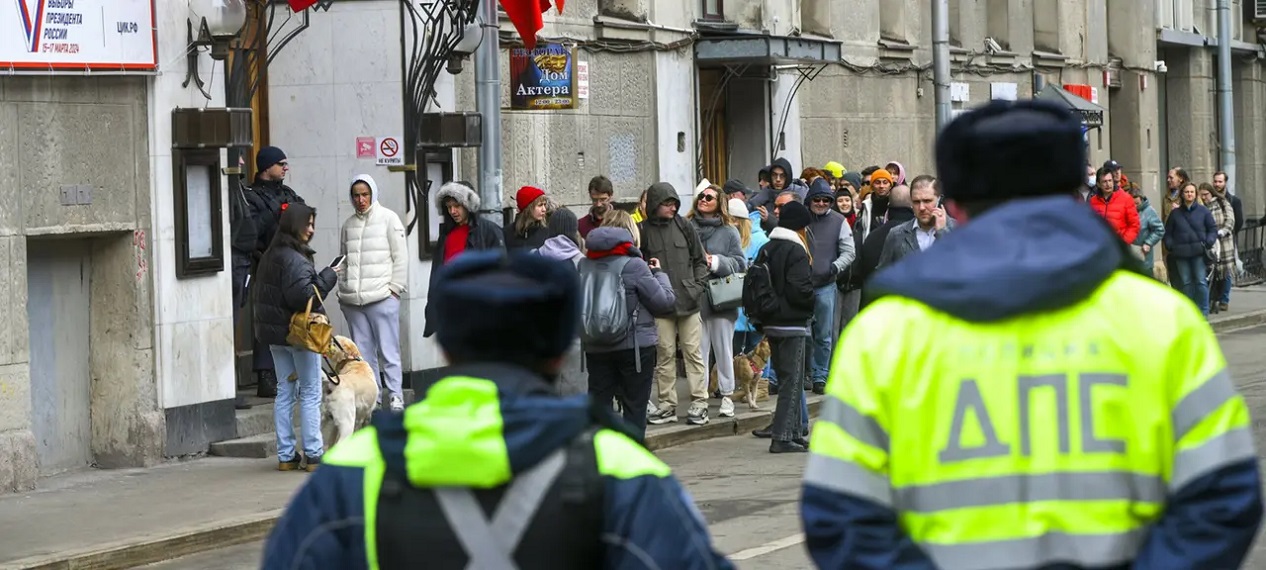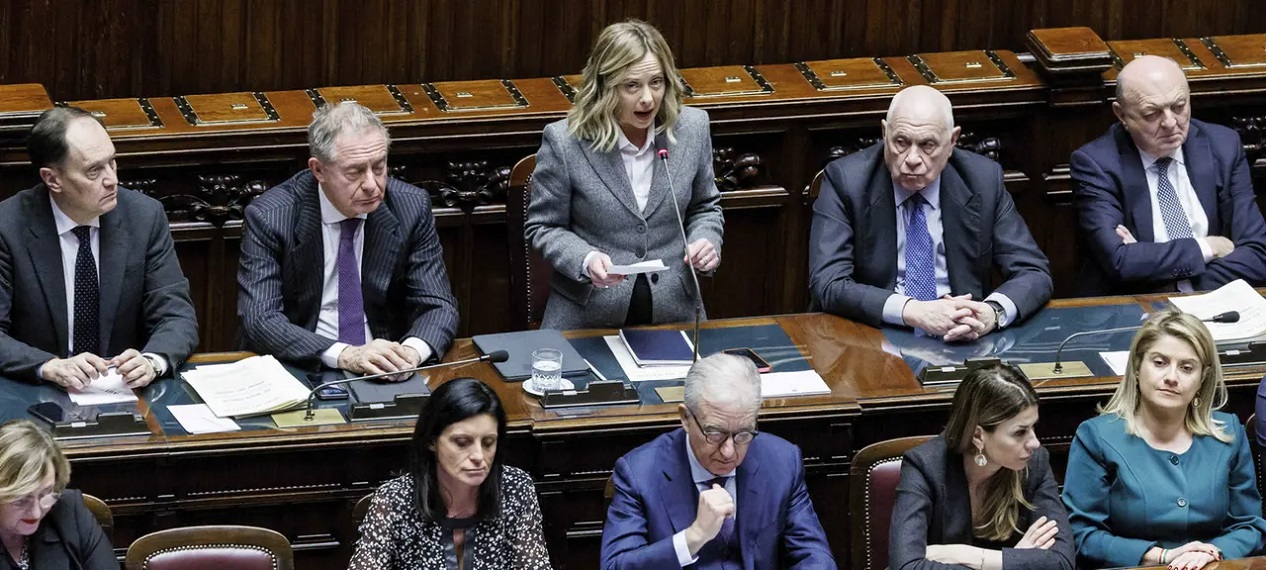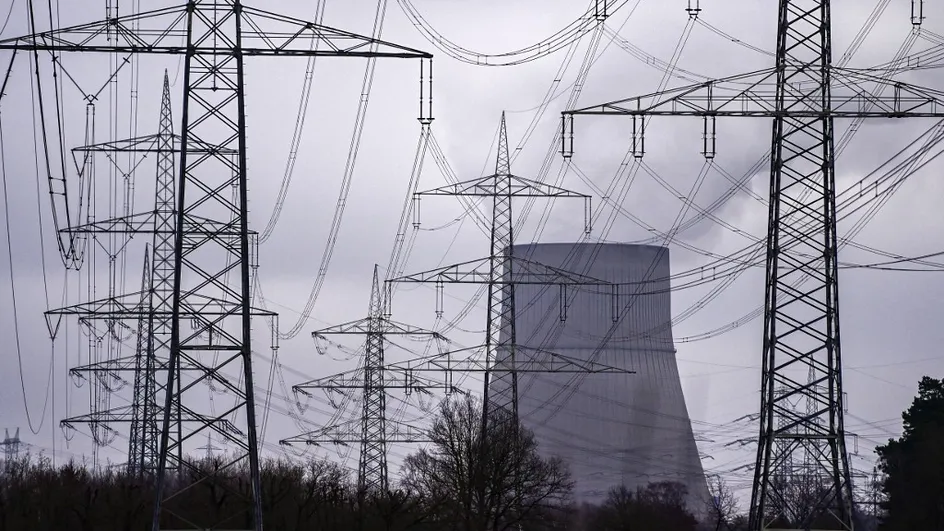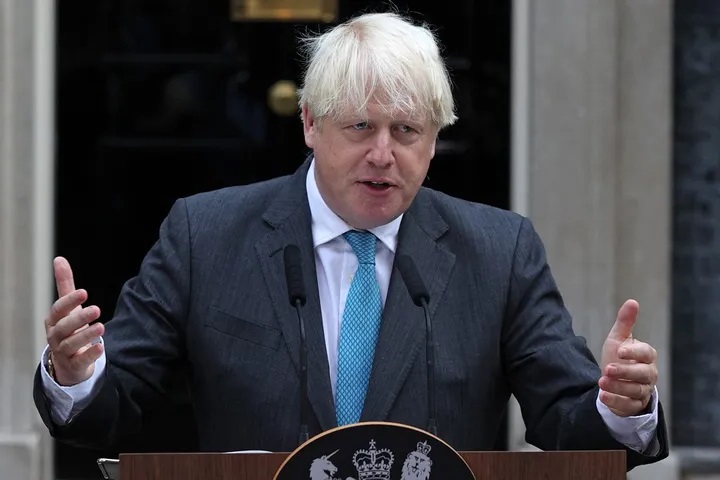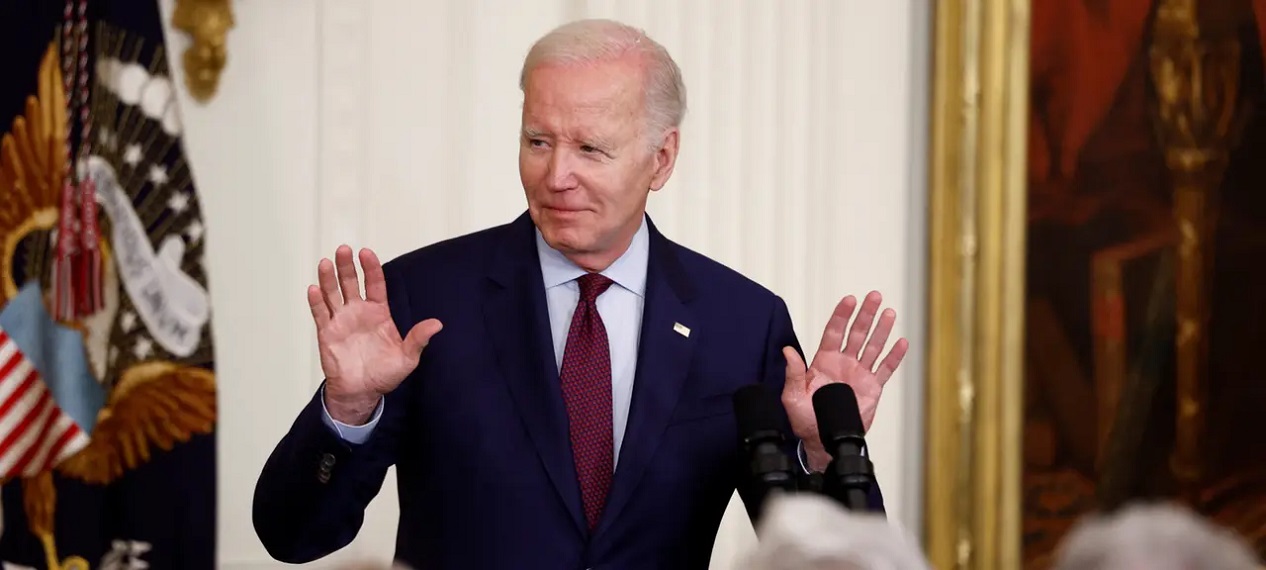Nuclear power currently produces 6% of net electricity production in Germany.
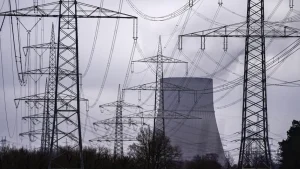 The Emsland nuclear power plant in northern Germany on January 12, 2022. (INA FASSBENDER / AFP)
The Emsland nuclear power plant in northern Germany on January 12, 2022. (INA FASSBENDER / AFP)
The German Chancellor, Olaf Scholz, announced Monday, October 17 to extend the operation of the last three German nuclear power plants, in a context of unprecedented energy crisis.
“The legal bases will be created to allow the operation of the Isar 2, Neckarwestheim 2 and Emsland nuclear power plants beyond December 31, 2022, until April 15, 2023,” he said in a letter to the government that AFP was able to consult.
His coalition government had so far only agreed on maintaining two of the three power plants beyond the end of 2022, the date initially planned for a nuclear phase-out. The Emsland plant in the north of the country was at the heart of a showdown within the ruling coalition of Social Democrats, Greens and Liberals, torn over the solutions to be found in the face of the crisis. energy born of the war in Ukraine.
A “snub” for the Greens
Europe’s largest economy is trying to reduce its dependence on Russian energy imports, especially its gas. Justice Minister Marco Buschmann of the Liberal Democratic Party praised Chancellor Scholz’s decision on Twitter. “Common sense prevails… This strengthens our country because it guarantees greater grid stability and lower electricity prices,” he said. Nuclear power currently produces 6% of net electricity production in Germany.
This decision constitutes a new hard blow for the German Minister for the Economy, the environmentalist Robert Habeck, whose frictions with his colleague of Finances, the liberal Christian Lindner, are more and more obvious. The chancellor’s decision is “a snub for Habeck”, commented the Bild newspaper on Monday.


